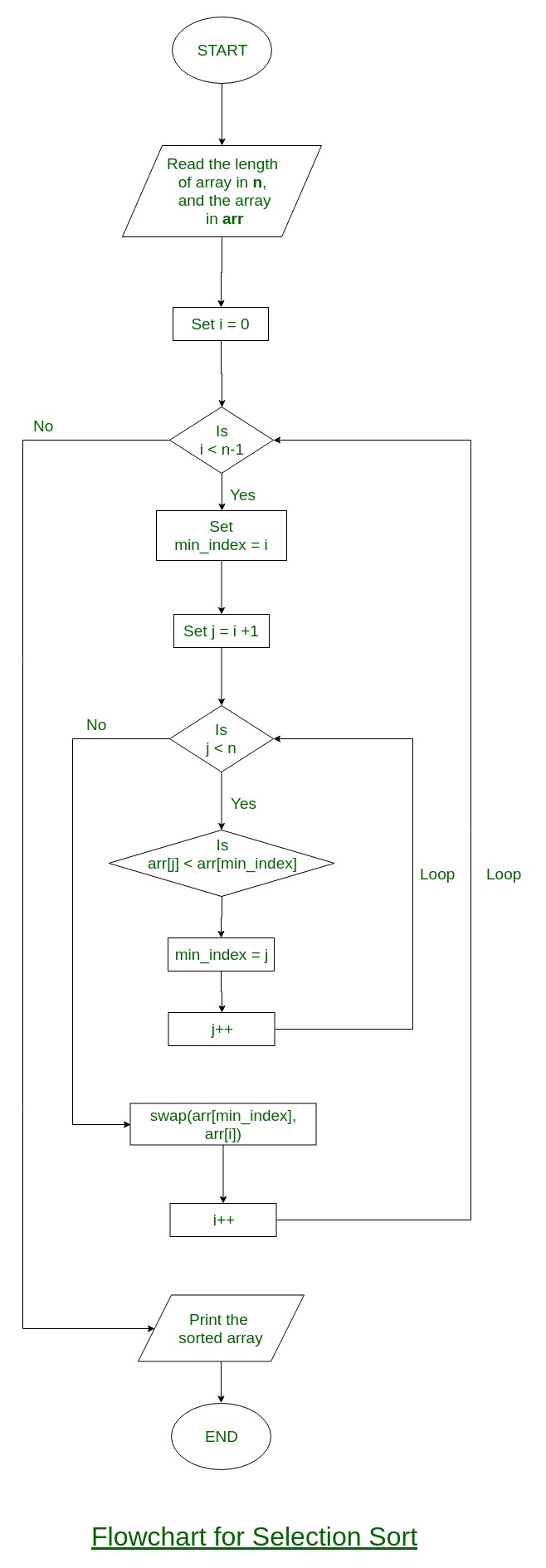This repository consists of some of the projects built during the Local Hack Day: Build event, a one week long event, organized by Major League Hacking community. You can see these projects here
Emojicode is a real programming language with playful syntax like 😀 🔤Hhttps://github.com/Utkarsh299-tech/LHD-Build/settingsello, world!🔤❗️ in place of traditional programming keywords. Learning it can bring some smiles and fun to your programming journey, as well be an enlightening experience in which you will never look at your go-to programming language the same way again.
Prints initials of the name. Also, prints the name entered by the user. Reference
Learn Emojicode
This project classifies whether your mail is 'ham'(good) or 'spam'(bad).
Using Machine Learning scikit library and the basic concepts of Natural Language Processing. Also, used Jupyter notebook for writing and executing the code.
Machine Learning
Machine learning is a method of data analysis that automates analytical model building. It is a branch of artificial intelligence based on the idea that systems can learn from data, identify patterns and make decisions with minimal human intervention.
Natural Language Processing
Natural Language Processing, usually shortened as NLP, is a branch of artificial intelligence that deals with the interaction between computers and humans using the natural language. The ultimate objective of NLP is to read, decipher, understand, and make sense of the human languages in a manner that is valuable.
Scikit Library
Open-source ML library for Python. Built on NumPy, SciPy, and Matplotlib. Want to learn more about this library? Click here!
Random Word Generator that connects two APIs and pulls from a separate API that gives you those word definitions. We can easily generate a random word and it's definitions by connecting both the APIs.
Connecting two APIs: 1) https://dictionaryapi.com/products/api-collegiate-dictionary 2) https://random-word-api.herokuapp.com/home
JavaScript concepts, how APIs work, and how to connect two APIs.
Sorting a list means arranging the items of the list in either ascending, descending or user defined order.
There are various sorting techniques. Some of them are:
Quick sort
Bubble sort
The selection sort algorithm sorts an array by repeatedly finding the minimum element (considering ascending order) from unsorted part and putting it at the beginning. The algorithm maintains two subarrays in a given array.
-
The subarray which is already sorted.
-
Remaining subarray which is unsorted.
In every iteration of selection sort, the minimum element (considering ascending order) from the unsorted subarray is picked and moved to the sorted subarray.
Following example explains the above steps:
arr[] = 64 25 12 22 11
// Find the minimum element in arr[0...4]
// and place it at beginning
11 25 12 22 64
// Find the minimum element in arr[1...4]
// and place it at beginning of arr[1...4]
11 12 25 22 64
// Find the minimum element in arr[2...4]
// and place it at beginning of arr[2...4]
11 12 22 25 64
// Find the minimum element in arr[3...4]
// and place it at beginning of arr[3...4]
11 12 22 25 64
Merge sort
Insertion sort
Selection sort
Heap sort
Radix sort
Bucket sort
This code sorts a list entered by the user and returns a list in sorted order. Selection sort is used for sorting the list.
Flowchart of the Selection Sort:
Learn more about Selection Sort



